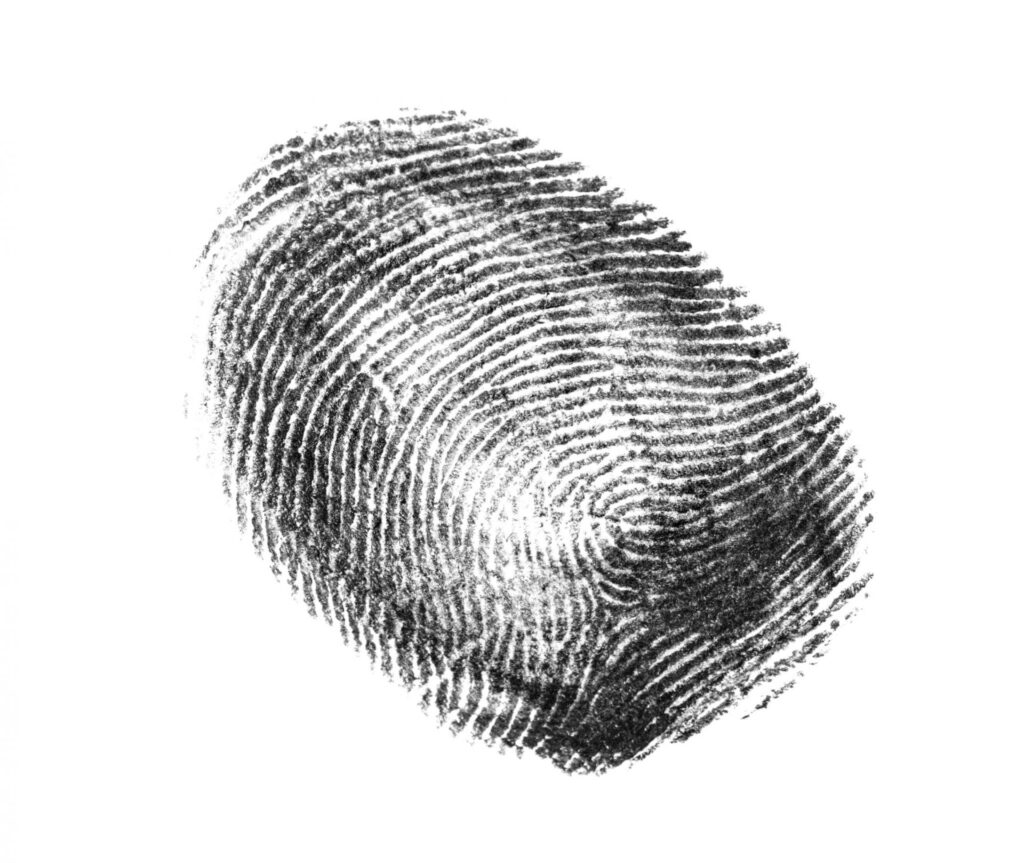The Fifth Amendment’s self-incrimination clause, as we discussed in our last blog post, only applies to “testimonial” evidence. This distinction means that you can be compelled by police to provide evidence against yourself if that evidence is “real” or “physical.”
A recent case out of Minnesota reveals why this is a terrible rule. Not only does it fly in the face of the whole point of the self-incrimination clause, but it’s also an impossible one to apply on a case-by-case basis.
The Case of Matt Diamond
The Minnesota case involved a burglary. Police arrested the defendant in the case, Matt Diamond. When they arrested Diamond, they took his cell phone and got a warrant to search it. However, police weren’t able to unlock it – they needed Diamond’s fingerprint to get access – so they obtained a court order to compel Diamond to unlock his phone. Diamond refused, claiming he was protected by the Fifth Amendment’s self-incrimination clause, and was held in contempt of court until he complied.
Evidence from the cell phone was used against Diamond in trial, and he was convicted of several property crimes. He appealed his case to the Minnesota Court of Appeals.
Self-Incrimination Clause, Testimonial Evidence, and Fingerprints
On appeal, the court examined Diamond’s self-incrimination claim. The court started by noting that the point of the self-incrimination clause of the Fifth Amendment was to require the state to “produce the evidence… by the independent labor of its officers, not by the simple, cruel expedient of forcing it from his own lips.”
However, the court then considered whether Diamond’s fingerprints were a “testimonial communication,” and quickly went against nearly all of what they’d just said.
The court stated that, to be testimonial – and therefore to fall within the protection of the Fifth Amendment’s self-incrimination clause – the “communication must itself, explicitly or implicitly, relate a factual assertion or disclose information.” Diamond’s fingerprint, itself, didn’t relate anything, so could be compelled by police.
Of course, compelling Diamond to provide a fingerprint to unlock his phone did, in fact, “disclose information.” However, more disturbing was the way the court determined what was “testimonial” – it focuses only on the minute and convenient oral aspect of the self-incrimination clause.
The point of the self-incrimination clause is to prevent police from forcing someone to reveal incriminating information. Distinguishing between “testimonial” and “non-testimonial” information, and only letting the self-incrimination clause protect one and not the other, drastically reduces the Fifth Amendment’s protections. It allows police to force people to reveal intimate details about themselves which either directly incriminate them, or which police can then use to get other incriminating information.
Maine Criminal Defense Attorney William T. Bly
This case is a prime example of how the self-incrimination clause is gutted by the testimonial requirement. Preventing police from forcibly obtaining oral or written statements, but allowing them to take whatever physical evidence they want is bothersome. Setting the standard between the two as something that is “testimonial” is a farce.
If you’re being investigated for a crime in Maine, having a solid criminal defense attorney like William T. Bly on your side is the best way to ensure that your rights are protected. Contact his law office online or at (207) 571-8146.


